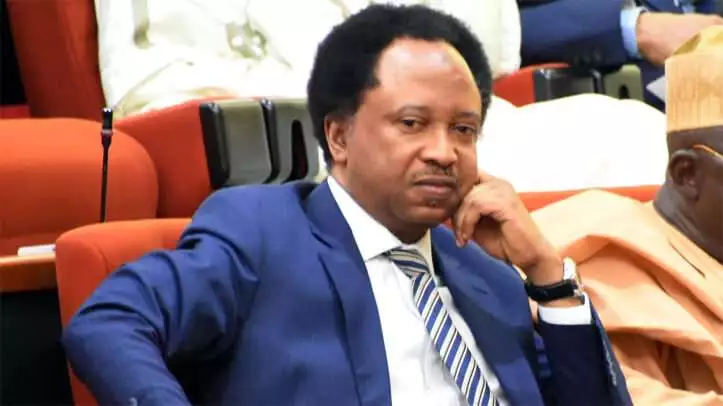The recent move by the House of Representatives to strip governors of their constitutional immunity is a deeply unsettling development that risks destabilizing Nigeria’s federal governance structure. At first glance, the proposal may appear populist and rooted in accountability. However, a closer examination reveals that such a move could open the floodgates to distractions, politically motivated litigations, and ultimately impair good governance.
The principle of immunity for sitting governors, as enshrined in Section 308 of the 1999 Constitution (as amended), is not a license for impunity but a shield for uninterrupted service. Immunity ensures that governors can focus on delivering developmental projects, formulating policy, and managing their states without the constant threat of litigation, which could easily be exploited by political opponents or interest groups.
One must understand that immunity is not absolute. It is temporary. A governor can still be investigated while in office, and prosecuted after leaving office. This constitutional safeguard is a standard practice in many democratic jurisdictions to protect executives from being bogged down by endless legal distractions. Removing it completely for governors could weaken the executive arm of state governments and expose them to judicial harassment.
If passed, this amendment could lead to a dangerous precedent where political opponents weaponize the judiciary against serving governors. Imagine a situation where multiple cases are filed in various courts by aggrieved individuals or parties—not necessarily in the interest of justice but to distract or destabilize a governor’s administration. The ensuing legal battles would consume time, state resources, and leadership focus that should have been directed at improving the lives of citizens.
Nigeria’s development challenges demand full executive attention—be it in security, infrastructure, education, or health. Governors are at the forefront of driving economic growth and social development in their states. Saddling them with a barrage of court appearances, injunctions, and distractions could derail policy implementation and ultimately hurt the people they are elected to serve.
There is also the question of political timing and motive. Why now? Could this move be part of a wider agenda to weaken certain governors or curb the growing influence of strong state executives? Stripping immunity in a fragile democracy such as ours must be viewed with caution, especially when such powers can be abused in a politically charged environment.
It is important to note that immunity does not cover criminal behavior or abuse of office. Anti-corruption agencies can still investigate sitting governors and gather evidence for prosecution once their term ends. Furthermore, impeachment remains a constitutional tool for holding erring governors accountable while in office. The argument that immunity shields corruption is misleading and ignores these existing legal checks.
Rather than removing immunity, lawmakers should focus on strengthening institutions of accountability such as the EFCC, ICPC, state assemblies, and civil society watchdogs. Real reform lies not in creating more openings for litigation but in ensuring that those who abuse public office face swift and fair justice after due process.
We must not conflate accountability with vendetta. Stripping governors of immunity in our current political climate could create more instability than progress. Governors must not become pawns in legal chess games driven by opposition forces or disgruntled political actors. The long-term cost to governance, policy delivery, and institutional stability may far outweigh the short-term satisfaction of perceived accountability.
Indeed, this move could set the stage for a judicial gridlock in the states, where governance is suspended in favor of daily court drama. The people would be the ultimate losers. The legislature must weigh its constitutional responsibilities with wisdom and avoid populist distractions that could erode the delicate balance of power among the three arms of government.
In a country like Nigeria, where development is fragile and leadership capacity is in high demand, the focus should be on enabling effective governance, not encumbering it. Immunity for sitting governors is not a flaw in the Constitution—it is a functional necessity that enables executive focus and service delivery.
The National Assembly should rethink this proposal. Rather than remove immunity, let us strengthen our institutions, uphold the rule of law, and ensure that every public officer, including governors, remains accountable—through due process, not political witch-hunts.
Elder Amah, a frequent commentator on national issues, writes from Umuahia, Abia State
Discover more from The Source
Subscribe to get the latest posts sent to your email.








